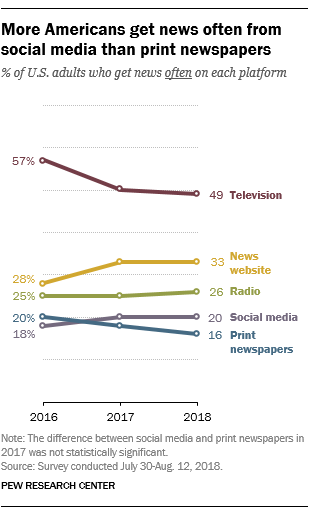Final paragraphs below; also see Remember Bitcoin? Some Investors Might Want to Forget | NYT
"For the moment, the real question is if and when global regulation will stamp out privately constructed systems that are expensive for governments to trace and monitor. Any single large advanced economy foolish enough to try to embrace cryptocurrencies, as Japan did last year, risks becoming a global destination for money-laundering. (Japan’s subsequent moves to distance itself from cryptocurrencies were perhaps one cause of this year’s gyrations.) In the end, advanced economies will surely coordinate on cryptocurrency regulation, as they have on other measures to prevent money laundering and tax evasion.Has peak cryptocurrency already come and gone? | Boston Globe
But that leaves out a lot of disgruntled players. After all, many today — including Cuba, Iran, Libya, North Korea, Somalia, Syria, and Russia — are laboring under United States financial sanctions. Their governments will not necessarily care about global externalities if they encourage cryptocurrencies that might have value as long as they are used somewhere.
So, while we shouldn’t be surprised by this year’s cryptocurrency price bust, the price of these coins is not necessarily zero. Like lottery tickets, there is a high probability that they are worthless. There is also an extremely small outside chance that they will be worth a great deal someday, for reasons that currently are difficult to anticipate."


